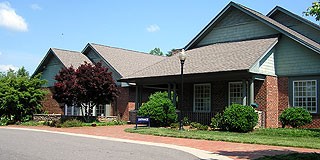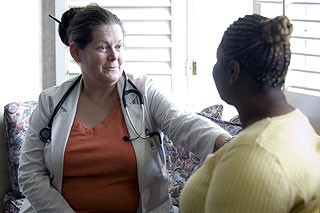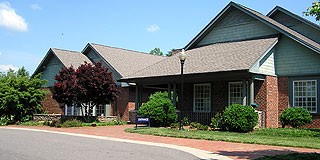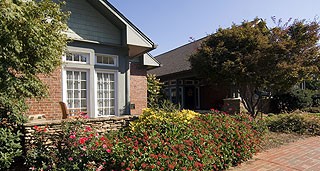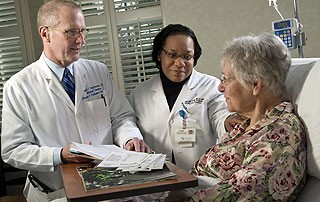Friday March 15th, 2013
Clinical Job Fair On March 25, 2013
We are searching for compassionate and caring people to become a part of the Hospice & Palliative CareCenter team.
*Clinical Job Fair*
RN, LPN, and NA Positions Available
Date: March 25, 2013
Location: Kate B. Reynolds Hospice Home
Multi-Purpose Room101 Hospice LaneWinston-Salem, NC 27103
7:00am – 9:00am12:00pm – 2:00pm4:00pm – 6:00pm
